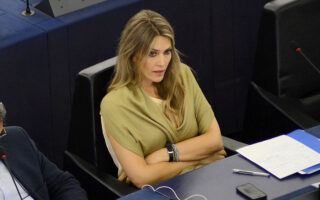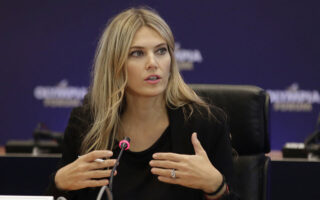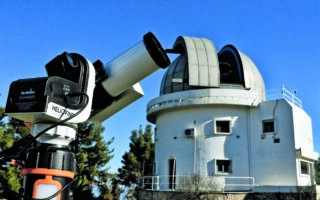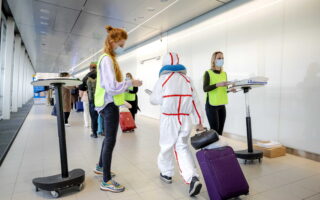EU: Greece, Malta lag in sanctioned Russian assets
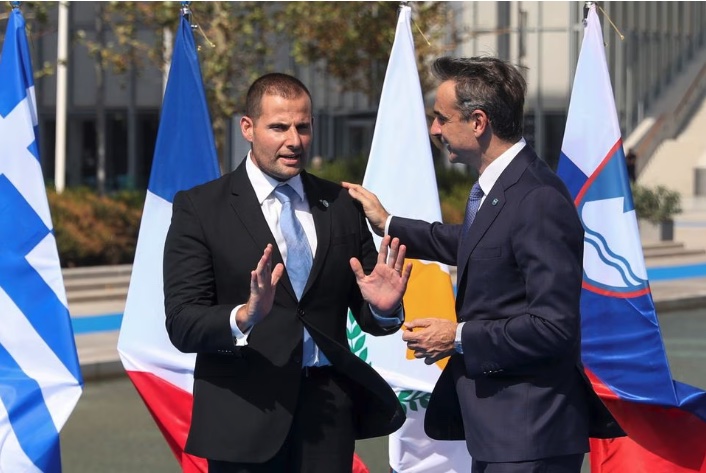
Greece and Malta lag behind their European Union peers in freezing Russian assets sanctioned over Moscow’s war against Ukraine, according to an EU official and an internal document, as the bloc considers using the assets to help Kyiv.
The 27 EU countries have so far reported freezing some 20.3 billion euros ($22 billion) of sanctioned Russian assets, with Italy, Ireland, France, Spain, Germany, Belgium, Luxembourg and Austria each notifying more than a billion euros.
Almost every other EU country has frozen millions worth of assets, according to the document from the EU’s executive European Commission seen by Reuters.
Greece and Malta defended their work on sanctions. Greece confirmed it had notified the bloc of freezing assets worth 212,000 euros, and Malta said it had frozen 147,000 euros worth.
“That is a bit surprising,” said the EU official, who spoke on condition of anonymity. “Either they don’t have much, or they are not doing their job. Or they have done something but not communicated to us even though they had chances.”
An official with the Greek authorities said the 212,000 euros exhausted all the assets Athens identified based on the EU sanctions list.
“Greece’s investment environment does not favour the inflow of Russian capital and off-shore companies,” the official added.
A spokesman for the Maltese government also confirmed their number and added: “Assets have been frozen or sold off under court orders and the proceeds frozen due to Malta’s cooperation with other European jurisdictions.”
He said Malta had also given information to help assets to be frozen elsewhere. He declined to say if Malta would freeze more assets under existing sanctions.
SUPPORT FOR UKRAINE
More than 10 months since Russia’s attack on Ukraine, the EU currently has some 1,300 individuals and 120 entities blacklisted, as well as economic sanctions in place that include trade, transport, energy, banking, media and defence sectors.
But the bloc might have already exhausted the limit of hard-hitting economic sanctions all the 27 member states are willing to impose.
The EU’s current president Sweden said on Wednesday any new sanctions against Russia could include more individual listings.
The EU’s attention also turns this year to whether to use frozen Russian assets to help rebuild Ukraine, an exercise where an estimated 300 billion euros worth of Russian central bank assets in Europe could also be at stake.
The Commission proposed last year to invest the assets and hand over the proceeds to Ukraine. That way, the assets could be returned to their owners if sanctions were lifted.
There is little legal precedent and some member states have voiced concerns about possible lawsuits.
The EU is also working on making bypassing sanctions a criminal offence in member states.
EU leaders are due in Kyiv for an EU-Ukraine summit on Feb. 3.
[Reuters]


